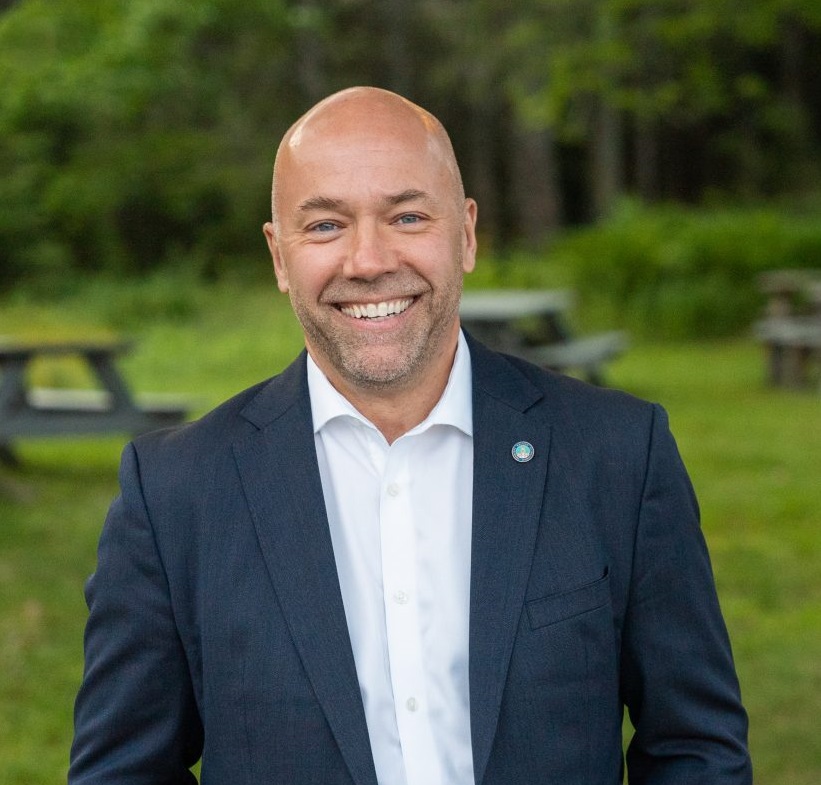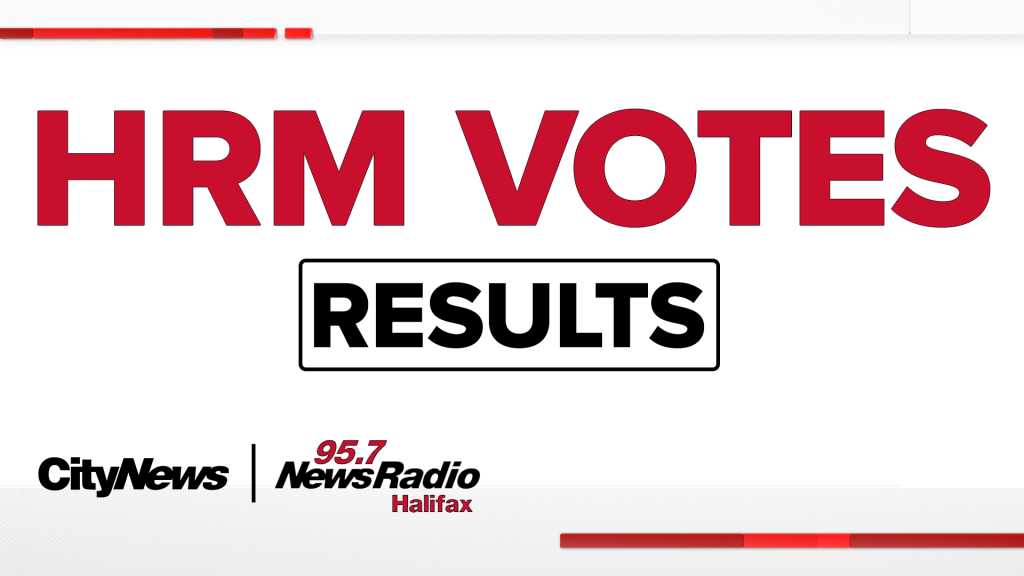Halifax psychiatrist wants people to check in with themselves amid pandemic woes
Posted Feb 26, 2022 05:55:00 PM.
A Halifax psychiatrist wants people to check in with their mental health as they navigate global crises such as a worldwide pandemic.
Dr. Jackie Kinley, the founder of the Atlantic Institute for Resilience, says it's natural and normal for people to experience a wide range of stressful emotions. In fact, they're emotions that were likely only exacerbated by the COVID-19 pandemic.
“I think even before COVID hit, a lot of people were experiencing a lot of stress and a lot of strain,” she tells The Todd Veinotte Show, adding that many people may feel they're languishing.
“Folks are just kind of getting by. Mentally, you feel a little bit sluggish, maybe you can't focus as well. Emotionally, people are finding that they're just feeling a little bit flat. They don't have the same joy, they don't have the same jump in their step.”
Specifically, she says the Omicron wave “knocked people off of their feet” as it came right before the holidays in December when people began feeling more hopeful.
“I think a lot of people are feeling those things,” Dr. Kinley says. “I think a lot of people don't even realize sometimes what it is they're feeling because we're just on auto-pilot.”
She said one thing people can do in this situation is to check in with themselves.
“We live in such an externally-focused world that we very seldom check in with ourselves,” she says. “Just sort of noticing; notice how you're feeling.”
The Centre for Addiction and Mental Health has a range of resources for people struggling with the pandemic. Some of its tips include bringing an intentional mindset to unplugging from the online world, dealing with problems in a structured way, practicing relaxation, eating healthily and getting proper rest.
Dr. Kinley also says people's reserves were low, like a nearly-empty tank, even before the Omicron wave hit Nova Scotia.
“It's really important to be very deliberate in filling up,” she says. “Sometimes when you don't feel well, it's really easy to fall into unhelpful ways of dealing with things … more drinking, more eating.
“It's hard to do the right thing when you don't feel well. It's really important to not judge people.”
According to data from Statistics Canada, 13 per cent of Canadians screened positive for anxiety while 15 per cent screen positive for depression in the end of 2020.
Dr. Kinley says people are now mistaking natural emotions for symptoms of illness. However, she says feeling frustrated, nervous and sad are normal.
“I don't want to medicate normal and natural emotions,” Dr. Kinley says, likening it to the difference between a swim coach and a life guard.
“If people are finding that they're really starting to sink, if they're really feeling like they're struggling to stay afloat, if they're starting to get panicky, if they're starting to get suspicious, if the bitterness is really building up, if they're starting to get really sad having prolonged periods where they're crying,” she says. “If that fear and if that sadness gets in the way of them being able to get to work or be with other people, then those are when you start to notice that you're slipping into symptoms.”
She says medication can be helpful, but it's important to differentiate illness and normal feelings. She says people should sit down and have a conversation about their emotions if they're struggling.
“It can be really hard to connect to people,” Dr. Kinley says. “A lot of people don't have the emotional capacity to be able to deal with this kind of stress. They've never had to build the ability to tolerate such intense feelings, it's hard for them to regulate them.
“I really want to say to people: don't give up, have hope.”








